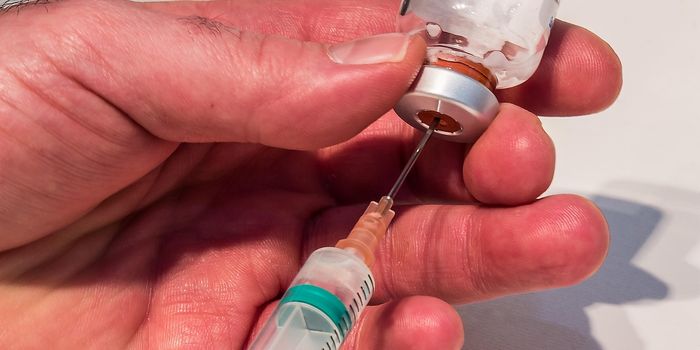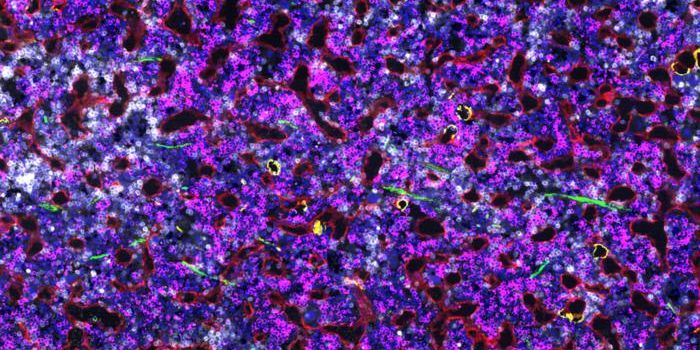Repurposing a Cancer Drug to Treat Common Allergies
A cancer drug that’s considered a game-changer for leukemia and lymphoma could also be a game-changer for allergy sufferers.
The drug is known as ibrutinib, and it was approved by the FDA in 2013 for the treatment of mantle cell lymphoma. Then in 2014, the FDA extended approval of this drug to chronic lymphocytic leukemia.
It was the cancer-fighting properties of ibrutinib that drew the attention of Dr. Bruce Bochner, a research physician specializing in immunology and allergy at the Feinberg School of Medicine at Northwestern University. In particular, Bochner was interested in ibrutinib’s ability to permanently bind and block a protein called Bruton’s tyrosine kinase (BTK) in B cells. BTK is involved with several processes that occur during acute allergic reactions. Thus, Bochner and his team wondered whether the drug that inhibits BTK, ibrutinib, could also be effective at suppressing allergic responses.
"Ibrutinib is considered a game changer in these two types of cancers," said Dr. Leo Gordon, an oncologist and the Abby and John Friend Professor of Cancer Research at Feinberg. "We understood that it might have some biologic effects in what Bruce is interested in, so we were happy to participate in his study. It's an interesting repurposing of that drug."
Indeed, Bochner and his colleagues reported dramatic changes in patients’ allergies after taking ibrutinib. In skin tests, cancer patients who reacted to allergens like cat dander and ragweed had their reactivity slashed by 80 to 90 percent after one week of ibrutinib.
"It almost completely knocked out the patients' skin test and blood cell allergic reactivity," said Bochner. The changes lasted for at least one to two months with continued drug use, the team reports.
A big caveat of the results is the extremely limited number of participants - only two patients qualified to contribute results to the study. However, Bochner and his team anticipate the drug could have even more relevant effects if tested against common food allergens, like peanuts.
"Preventing or lessening the severity of an allergic reaction to a food you've ingested that you're allergic to is kind of the holy grail of food allergy treatment," Bochner said. "I don't know if this or similar drugs will ever make it possible for a peanut-allergic person to eat peanut butter and jelly sandwiches, but we're excited to use this approach to teach us how to lessen the risks of food allergy reactions."
"The hope is that drugs like BTK inhibitors will protect people with food allergies from having anaphylaxis, or at least increase how much of that food they can eat without reacting," Bochner said. "Maybe they'll increase from being able to eat just one peanut to 10 before they react. Or maybe they'll be able to eat a full meal's worth of peanuts. We want to know if this would safely change their actual ability to eat foods that they currently need to avoid."
In the meantime, taking a cancer drug is no walk in the park. Some common side effects of ibrutinib include pneumonia, upper respiratory tract infection, low platelet counts, bleeding, vomiting, and diarrhea, among others. So, doctors will have to seriously consider whether these side effects would negate the benefits of avoiding an allergic reaction.
Additional source: Northwestern University









